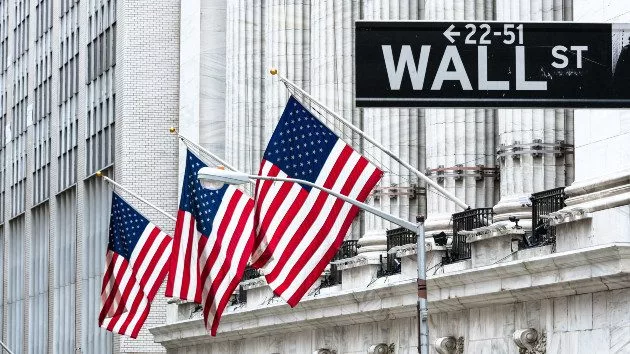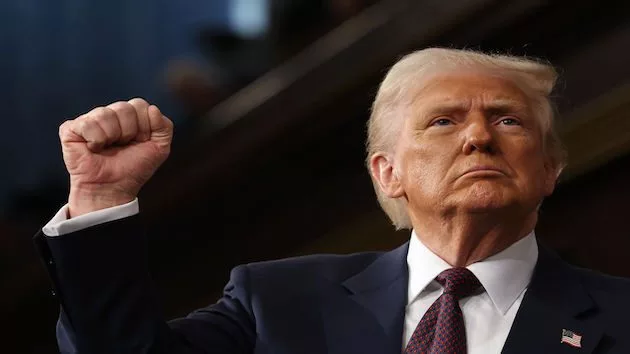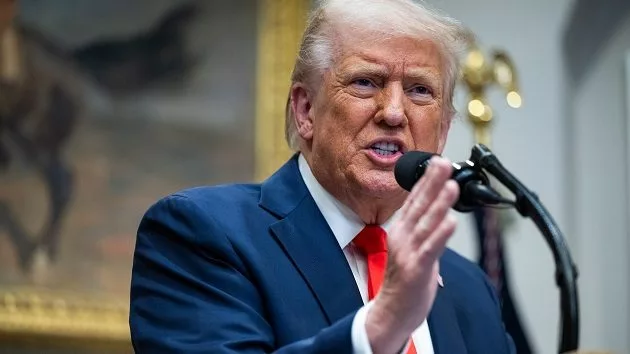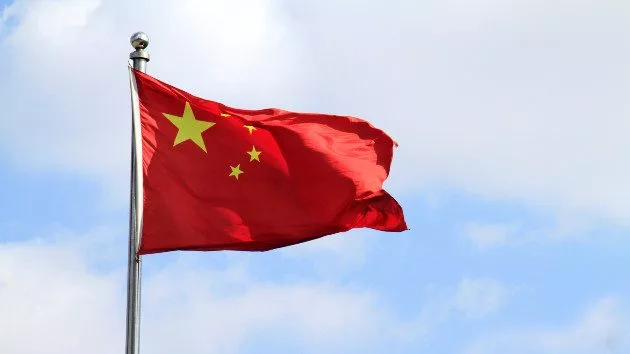
(NEW YORK) — As governments scramble to seize high-profile assets owned by Russian oligarchs, a quiet effort is gaining momentum in the West to target their alleged “enablers” — the lawyers, lobbyists and money-handlers who critics say help them hide, invest and protect their vast wealth in U.S. and European institutions.
“The yachts and jets and villas get the most attention, but a lot of the oligarchs’ money is in private equity and hedge funds – places we can’t see,” said Maira Martini, a researcher with the corruption watchdog Transparency International. “That’s the money that really matters to them.”
For decades, wealthy business tycoons with close ties to Russian President Vladimir Putin have enlisted the services of reputable bankers and lawyers in the West to navigate loopholes that obscure their identity. While it’s not necessarily illegal to use obscure entities and agents to protect finances, critics say the laws need to be strengthened to create more transparency.
Organized Crime and Corruption Reporting Project, a global investigative reporting platform that focuses on corruption, organized crimes and illicit financing, claims to have uncovered over 150 assets worth $17.5 billion held by 11 Russian elites and their alleged enablers, while a Forbes report identified more than 82 properties across the world — a collective of $4.3 billion — held by 16 sanctioned Russian oligarchs.
Assets that have surfaced are likely only a fraction of these oligarchs’ actual wealth. The true extent is difficult to track because they often use a convoluted network of shell companies, obscure entities and stand-ins to keep their finances hidden, experts said.
But now, with war raging in Ukraine, lawmakers and corruption watchdogs are calling on governments to close those loopholes and crack down on the middlemen who know how to exploit them.
“Putin’s oligarchs cannot operate without their Western enablers, who give them access to our financial and political systems,” said Rep. Steve Cohen, D-Tenn. “These unscrupulous lawyers, accountants, trust and company service providers and others need to do basic due diligence on their clients to ensure that they are not accepting blood money. This isn’t rocket science – it is common sense policy to protect democracy.”
In Washington, Cohen and others have introduced the ENABLERS Act, which would require real estate brokers, hedge fund managers and other entities to “ask basic due diligence questions whenever somebody comes to them with a suitcase full of cash,” said Rep. Tom Malinowski, D-N.J., a co-sponsor of the bill.
The International Consortium of Investigative Journalists, a global network of journalists and newsrooms that have tracked the wealthy’s tax havens and financial secrecy, has identified at least a dozen networks of facilitators, offshore agents and banks across the world that have allegedly helped Russia’s elites move and hide their money based on its analyses of public records and leaked financial documents the group has obtained over the past decade.
This includes a range of actors, from global offshore law firms that create shell companies and other obscure entities to help wealthy Russians keep their finances clouded, to one-man shops in offshore tax havens that help set up “nominee” shareholders and paid stand-ins to conceal the real owners of entities.
ICIJ also points to the roles of major law firms in helping shape the modern tax avoidance system as well as the roles of big financial institutions and banks in helping wealthy Russians move their money.
Last year, The Washington Post, as part of its collaboration with ICIJ’s Pandora Papers project, reported on how South Dakota, with its limited oversight, vague regulations and trust secrecy, has become a tax haven for secretive foreign money.
Rep. Tom Malinowski, D-N.J., co-sponsor of the ENABLERS Act, stressed that the United States “has become one of the easiest places in the world for corrupt kleptocrats around the world to hide money.”
“What we’ve basically allowed is a system where people can steal their money in countries without the rule of law and then protect their money in countries like ours where they can count on property rights and courts and privacy rules to safeguard his loot for life,” Malinowski said. “We should not be complicit in the theft that supports dictatorships like Putin.”
Experts warned that sanctions and asset seizures, while effective in the short term, may be toothless over time if secrecy loopholes remain in place. On Wednesday, Transparency International published an open letter calling on Western leaders to take steps to stem rules that foster opacity.
“To disguise their wealth and keep them out of the reach of law enforcement authorities, kleptocrats will turn to lawyers, real estate agents, banks, crypto-service providers and banks in your countries,” the letter reads. “You must redouble your supervision efforts over the gatekeepers of the financial sector.”
Copyright © 2022, ABC Audio. All rights reserved.








